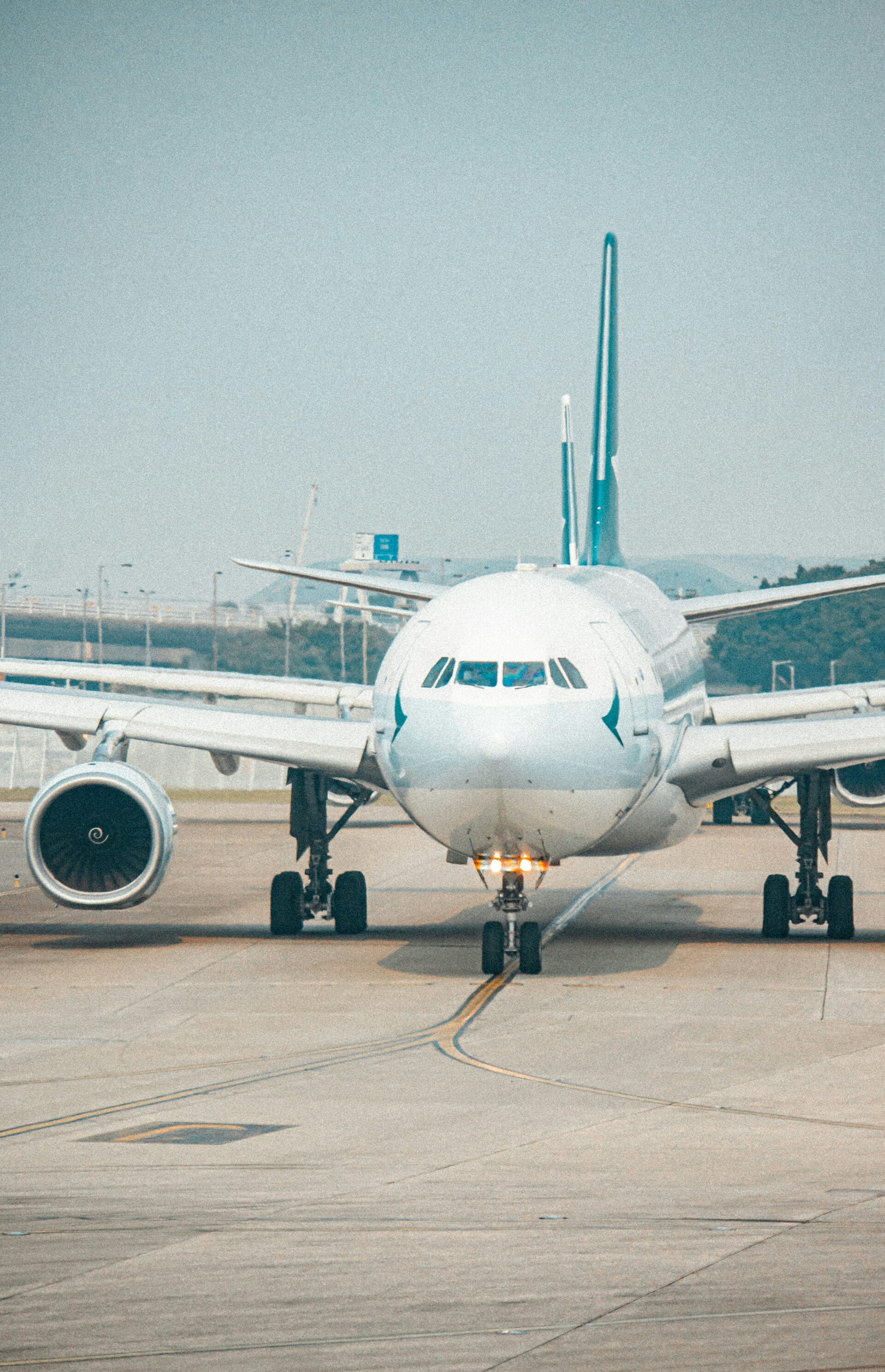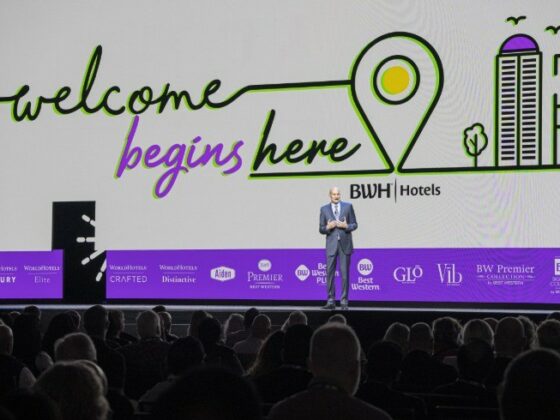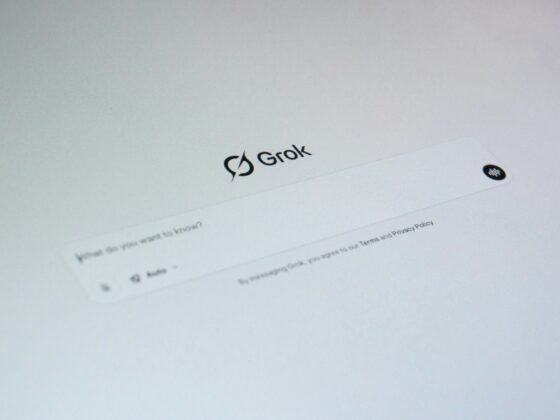
Take a moment to reflect on your experience with a brand when you don’t feel heard, understood, or valued. Most of us abandon those companies without hesitation. In travel and hospitality, where emotions, experiences, and memories define the customer relationship, the stakes are even higher. A single service failure—whether a delayed response to a pressing issue or an impersonal interaction—can have far-reaching consequences, leading to negative reviews, revenue loss, and long-term reputational damage.
In 2024, the travel and hospitality industry experienced significant customer experience (CX) failures that exposed systemic flaws and an urgent need for innovation. Three primary challenges emerged: nonstrategic AI deployment, lack of multilingual support, and continued reliance on legacy customer service systems. These shortcomings revealed critical lessons that brands must heed if they want to thrive in an increasingly competitive and globalized market.
Nonstrategic AI Deployment: Tech Without Thought
Between 2023 and 2024, global AI readiness in the enterprise took a downturn. According to the 2024 Cisco AI Readiness Index, only 13% of companies are fully prepared to harness the true potential of AI. In the travel and hospitality sector—where real-time responsiveness and personalized service are paramount—deploying AI without a well-thought-out strategy has proven detrimental.
AI was widely adopted across the industry, but many brands implemented it without a clear roadmap. The goal was to streamline operations, but without a well-structured framework, AI-driven solutions failed to deliver the intended benefits. Instead, travelers encountered inconsistent service, unresolved issues, and frustrating interactions with bots that lacked contextual awareness. This mismanagement resulted in financial losses, declining customer trust, and lower brand loyalty. The lesson here is that AI is a tool, not a magic bullet, and it must be strategically implemented.
Missing Multilingual CX: A Failure to Connect with Customers
According to industry data, 29% of businesses cite losing customers because they did not offer multilingual support, and 70% of end users say they feel more loyal to companies that provide services in their native language, highlighting the importance of localized, culturally nuanced interactions.
When travelers encounter a service that does not respect or address their linguistic needs, they are less likely to remain engaged or return. This failure to deliver a truly inclusive customer experience not only erodes trust, but also leaves brands trailing behind competitors who have successfully implemented multilingual strategies. For an industry built on the promise of global connectivity and cultural exploration, failing to speak the language of its customers is a critical misstep.
Reliance on Legacy Customer Service: Outdated Systems That Frustrate Travelers
Despite the rapid evolution of technology, many travel and hospitality companies in 2024 continued to rely on outdated, legacy customer service models. Disjointed support systems left travelers feeling isolated and underserved, highlighting the need for a unified, forward-thinking approach that responds to challenges before they escalate.
The reliance on legacy systems led to longer wait times, inefficient issue resolution, and an overall lack of personalization. Worse still, these outdated platforms were unable to integrate real-time data, leaving frontline staff ill-equipped to provide meaningful support. In an era where customers expect instant solutions, failing to modernize operations is a surefire way to drive travelers straight into the arms of competitors.
Charting the Course for 2025: Innovative Solutions for a Banner Year in Travel and Hospitality
First-Class Personalization with Data-Driven Insights
The future of CX hinges on meeting the bare minimum expectation of understanding and anticipating customer needs at a granular level—tailored experiences are now the baseline, not a bonus. According to McKinsey, 71% of consumers expect companies to deliver personalized interactions, and 76% become frustrated when that expectation isn’t met. Advanced analytics allow brands to identify pain points, behavioral patterns, and preferences, enabling hyper-personalized interactions that drive satisfaction and loyalty.
For example, if a traveler’s flight is delayed, an AI-driven system can instantly offer alternative flight options, hotel accommodations, or personalized discounts—turning a potential frustration into an opportunity for brand advocacy. This approach allows for swift intervention and ensures that customer support remains robust, even during unforeseen incidents.
Brands that harness the power of predictive analytics will not only enhance customer satisfaction but also unlock new revenue streams by delivering experiences tailored to individual preferences.
Conversational AI: The Next Frontier of CX
Conversational AI is transforming travel and hospitality by seamlessly blending automation with human empathy. Unlike traditional chatbots, these advanced systems understand context, process complex requests, and engage in natural, human-like interactions. With AI managing transactional inquiries, human agents can focus on high-value, emotionally nuanced interactions—elevating the overall service experience.
Brands that successfully integrate conversational AI can:
- Automate tasks like booking confirmations, itinerary adjustments, and FAQs
- Provide real-time support by escalating complex issues to human agents when needed
- Enhance multilingual communication with seamless translation
- Equip agents with customer history, key insights, and response suggestions for faster, more accurate resolutions
The Road Ahead: Bold and Challenging, but Filled with Promise
The era of incremental improvements is over. The industry must embark on a transformative journey—reimagining every aspect of the customer experience. The future belongs to brands that challenge outdated practices, drive innovation, and make CX the foundation of their strategy.
In 2025, travel and hospitality brands that leverage data, personalization, and conversational AI will redefine industry standards. By embracing these pillars, companies can craft more meaningful, empathetic, and memorable customer journeys—turning challenges into opportunities and making 2025 a landmark year for the industry.








